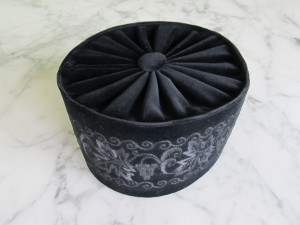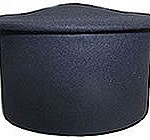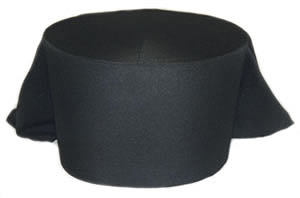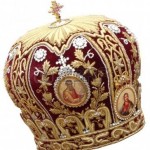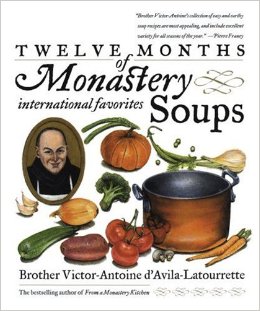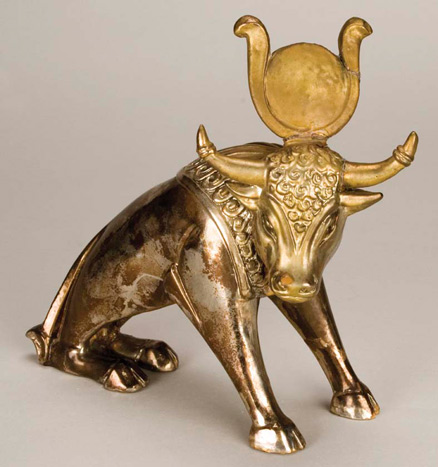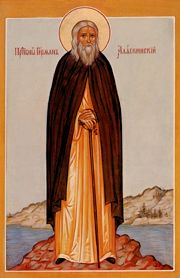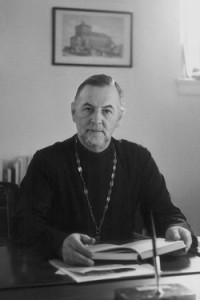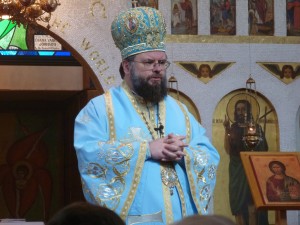
PASTORAL LETTER FOR THE LORD’S NATIVITY 2013
† NICOLAE
by the mercies of God
Archbishop of the Romanian Orthodox Archdiocese in the Americas
To our Beloved Clergy and Orthodox Christians,
peace and joy from Christ the Lord,
and from us hierarchical blessings.
“All this was done that it might be fulfilled which was spoken by the Lord through the prophet, saying: ‘
Behold, the virgin shall be with child, and bear a Son,
and they shall call His name Emmanuel,’ which is translated, ‘God with us.’”
(Matthew 1:22-23)
Very Reverend Fathers,
Beloved Faithful,
At this glorious feast I too bring you the wondrous tidings of the Incarnation of the Son of God, and I declare with the angel that God is with us. The Lord’s Nativity is a wellspring of immovable hope that God has not abandoned us, that God has not forgotten His creation, that He does not ignore its suffering, that God sends us a Savior.
This proclamation is taken from the moment when the angel of the Lord clarified for the Righteous Joseph that all the things that had happened with the Virgin Mary were the fruit of God’s work for the salvation of humankind. St. Matthew the Evangelist reveals to us the event of the Lord’s birth: “Now the birth of Jesus Christ was as follows: After His mother Mary was betrothed to Joseph, before they came together, she was found with child of the Holy Spirit. Then Joseph her husband, being a just man, and not wanting to make her a public example, was minded to put her away secretly. But while he thought about these things, behold, an angel of the Lord appeared to him in a dream, saying, ‘Joseph, son of David, do not be afraid to take to you Mary your wife, for that which is conceived in her is of the Holy Spirit. And she will bring forth a Son, and you shall call His name Jesus, for He will save His people from their sins.’ So all this was done that it might be fulfilled which was spoken by the Lord through the prophet, saying: ‘Behold, the virgin shall be with child, and bear a Son, and they shall call His name Immanuel,’ which is translated, ‘God with us’” (Matthew 1:18-23).
At the Annunciation, the Virgin Mary herself had received this news and had accepted it in the name of all humankind: “Behold the maidservant of the Lord! Let it be to me according to your word” (Luke 1:38). But the news had remained hidden until this moment of Joseph’s being tested. The purpose of Joseph and Mary’s betrothal was the protection of the Virgin Mary. We can understand the amazement and profound agitation of the Righteous Joseph when he discovered that his betrothed was pregnant. The time had come for the revelation of the work of God. The one who again revealed these things was the angel of the Lord. St. John Chrysostom explains the angel’s intervention: “When the angel saw the ocean and the depths of God’s love for humankind, when he saw that what could not even be hoped for had come to pass, when he saw the suspending of the laws of nature and God’s reconciliation with mankind, when he saw the One who is above all things descending to that which is below all things, when he saw the breaking down of the wall of separation… in a single word the wonder was put forth, saying: all this was done that it might be fulfilled which was spoken by the Lord. Do not think, the angel said to Joseph, that these things were just now decided! They were predicted long ago” (The Fifth Homily on Matthew). The angel of the Lord is not, in the words of St. John Chrysostom, a mere messenger who brings news from God, but is himself a participant in the things he reveals, seeing and marveling at the salvific work of God. And he makes Joseph a participant in this understanding as well. “Then Joseph, being aroused from sleep, did as the angel of the Lord commanded him and took to him his wife” (Matthew 1:24).
What is this revelation which the angel shared with Joseph, and which Joseph received with understanding? “Joseph, do not fear…,” says the angel, “for God is with us.” It is the joy-filled announcement of the presence and work of God in the world. It is the revelation of “the mystery which has been hidden from ages and from generations, but now has been revealed to His saints” (Col. 1:26). It is the proof of God’s care for man through the revelation of the way of salvation that is beyond all human understanding. It is the invitation to hope in God Himself brought to man who is estranged from God and living in the darkness of the lack of the knowledge of God. It is the opportunity for man to be restored to his position as a child of God.
Father Dumitru Stăniloae asks What have Bethlehem and Golgotha brought us? And he finds the answer in the revelation of the mystery of the Incarnation: “Man becomes, through Jesus Christ, a child of God and a neighbor of Jesus Christ-God. It is to the highest dignity and condition that he is raised up. What else can this mean except being raised up to the most intimate “I-Thou” communion with God? And whoever is in communion with God is eternal, for the one whom God loves so much that He receives him in communion with Himself, He cannot allow to perish….” (Jesus Christ or the Restoration of Man). Bethlehem has thus brought us eternity.
Most Reverend Fathers, Beloved Faithful,
The angel’s news brought to the Righteous Joseph is also for us an occasion to be strengthened in the hope that God is with us. The proclamation has come down over the centuries and has reinforced God’s words spoken through the Prophet Isaiah. The prophet’s words are now clarified by the angel, and they strengthen the questioning Joseph. Over the centuries these words come down to us as well, and they bring us the same great and wondrous news of God’s presence in the world, even though the spirit of the denial of and estrangement from God is ever more dominant in our world. What we consider fundamental moral values of family and society, such as marriage between a man and a woman, the Christian education of children, the defense of the truth, of righteousness, and of peace, are more and more contradicted and negated by the realities of the secularized society in which we live. In many lands Christians are suffering for their faith and that suffering is ignored by many. There is talk of rights and freedoms, but they are forgotten when it comes to Christians.
On this bright feast my desire is that you all partake of the angel’s assurance that God is with us and that you display this life with God through Christian deeds in the midst of this world’s temptations. We Christians can witness to the words of St. John Chrysostom, who explains that the Baby was named Jesus and not Emmanuel: “He will be called Emmanuel means nothing other than that they will see that God is with humankind. God has always been with mankind, but never so clearly as now (in the Incarnation)” (The Fifth Homily on Matthew). We Christians can show the world that God is with us. I greet you with a brotherly embrace in Christ the Lord, and in the desire that you may experience the holy days of Christmas, the New Year, and Theophany in health, peace, and spiritual joys!
Many Years!
Your brother in prayer to God and in the desire for every heavenly good,
† NICOLAE
Chicago, The Feast of the Lord’s Nativity, 2013



